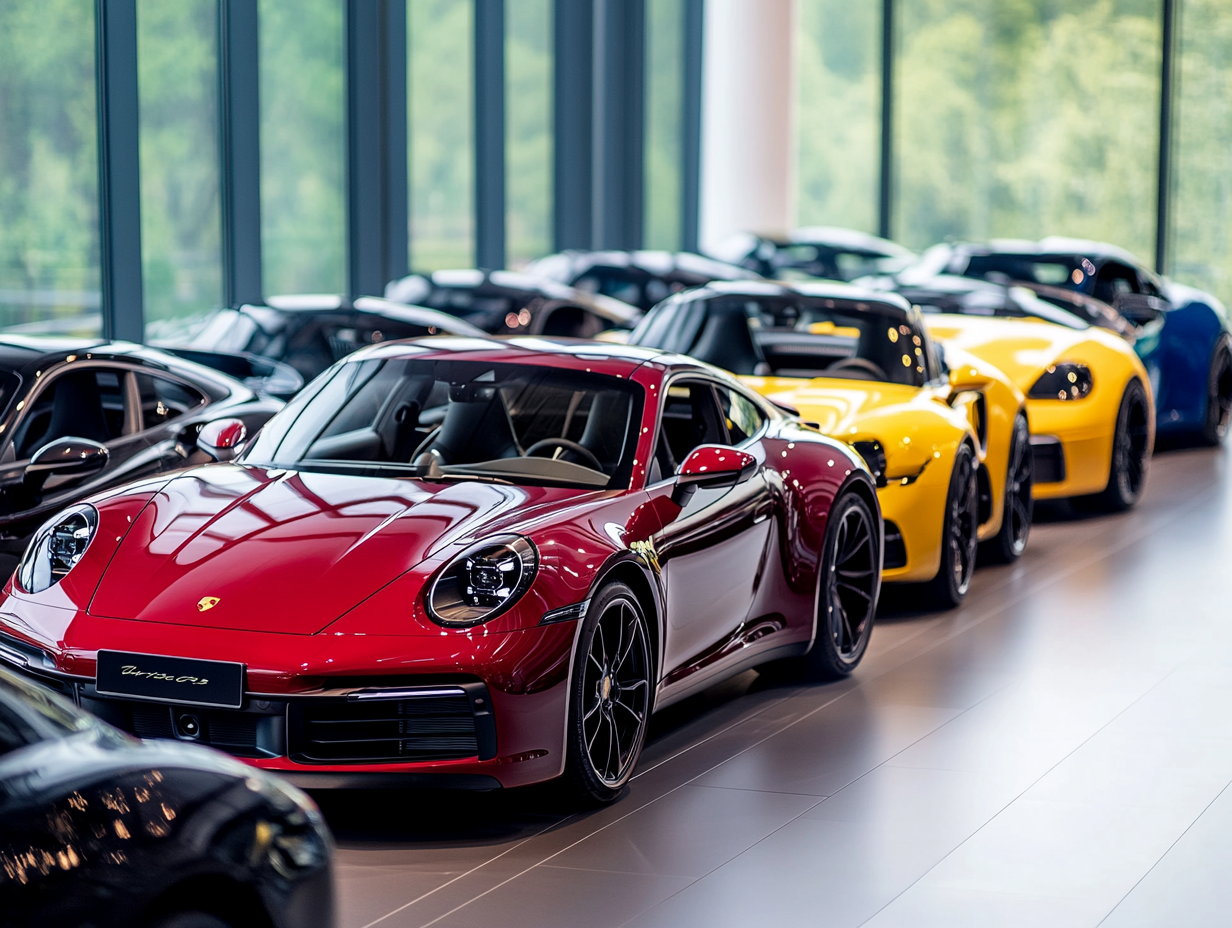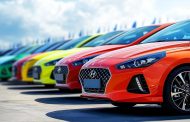Unlike parent company Volkswagen, the Audi and Porsche brands currently have no production sites in America.
Newly re-inaugurated U.S. president Donald Trump has promised myriad plans to impose tariffs on goods that are produced outside of the United States and imported to this country. This, of course, includes quite. a few automobiles. Volkswagen Group’s luxury brand Porsche and Audi would be exposed to these tariffs because they currently have no U.S. production sites; however, as per a Reuters report that cites German business newspaper Handelsblatt, that could soon change.
President Trump has not been shy about his intention to impose 25 percent tariffs on imports from Canada and Mexico as early as February 1. Europe is not in the clear, either; the president has stated that he may impose tariffs against imports from the Continent, as well. The most direct way around this: to manufacture vehicles here in the U.S. Volkswagen already builds VW vehicles such as the ID.4 and Atlas at its Chattanooga, Tennessee plant; now, according to the report, the automaker is now considering adding Audis and Porsches to their made-in-Chatttanooga list, as the factory reportedly has capacity to spare Handselblatt also says the VW Group’s new Scout Motors plant in South Carolina could be under consideration as a U.S. location for Audi production.
It’s doubtful Porsche would build any of their sports cars here; Porsche enthusiasts like the fact that their sports cars are built in Zuffenhausen. But the Macan and Panamera are built in Leipzig, and the Cayenne made outside of Germany entirely, in Slovakia; if any Porsche models where to move to a U.S. production site, it would likely be one or more of these these. (The SUVs also sell in far greater numbers compared to the sports car models, so it would make more sense for the highest-volume sellers to avoid the tariffs)
On the Audi side, the Q5 is their best-selling model, and it is currently built in San José Chiapa, Mexico. A 25% tariff on that model could have a dramatic effect on the price and profit margin of that vehicle, if Audi were to pass it along to consumers; a 25% hike would push the crossover’s current base price of $47,290 to $59,112. As such, the Q5 seems like a leading candidate for U.S. production.
For now, all of this is speculation, as there’s no official word from Volkswagen Group and any tariffs have not been finalized. However, it’s easy to see that, given the potential for these increased costs, automakers may considering some dramatic shifts when it comes to where vehicles are made.






